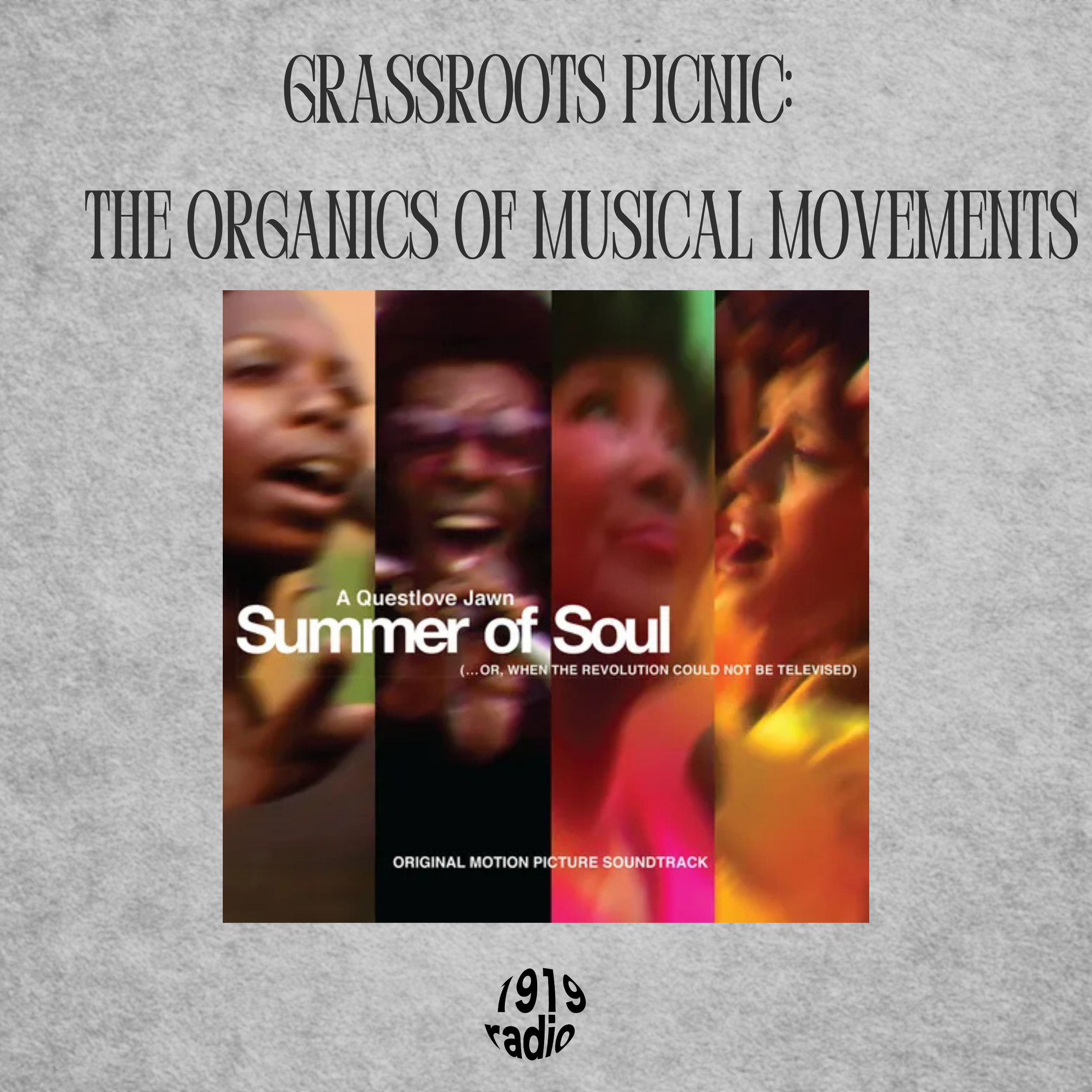

Listening to Artists
1919Radio
Publication
Palestine Pamphlet produced for our Miseducation launch in February 2024, designed by Habiba Maher as part of our political art gallery. Delve into the narratives of resistance, shedding light on the historic struggle for freedom and justice and Canada's role and complicity in the ongoing Genocide in Palestine. Distribute and poster this pamphlet all around your city as a means to amplify the Palestinian struggle and challenge colonial oppression through knowledge dissemination and solidarity.
what's in a name?
what's in a name?
First Pan-African Congress held in Paris, February 1919
1919 marked a pivotal year in world history and in the lineage of struggle our organization aligns itself with.
1919 was the year of the first Pan-African Congress, held in Paris. It was attended by major figures such as WEB DuBois and it gathered African intellectuals and revolutionaries to build unity across the African world and work towards the liberation of the African continent from Western colonialism. 1919 was the first of subsequent conferences held throughout the 20th century, in which everyone from state leaders to intellectuals to guerilla fighters convened to assess the material conditions of the continent and the development of the struggle against imperialism.
In Canada, 1919 was the year of the Winnipeg General Strike, the most influential labor mobilization in Canada and a key milestone in the domestic labour movement. As a collective of workers based in Canada with a materialist orientation towards the struggle against capitalism, we reflect on this moment as a critical means of grounding us within the context and history of the settler colonial state we are organizing within.
And lastly, 1919 was also the year of the Red Summer in America, where race riots broke out across the United States. The riots occurred in a context of rising Black consciousness among the African peoples in America, as soldiers returned from WWI and the Russian Revolution of 1917 coincided to reignite mass mobilization against economic deprivation and white settler violence. The spectre of Black workers and soldiers taking on the white supremacist state during the Red Summer continued to animate subsequent movements and organizations taking on racial capitalism, including our own.
The name 1919 pays homage to the year of the First Pan-African Congress, the Winnipeg General Strike, and the race riots of Red Summer as a reflection of our collective’s dedication to the struggle against Western imperialism as well as racialized settler capitalism abroad and at home. This triple legacy informs who we are and how we relate to the world, and the goals and objectives of our organization.







